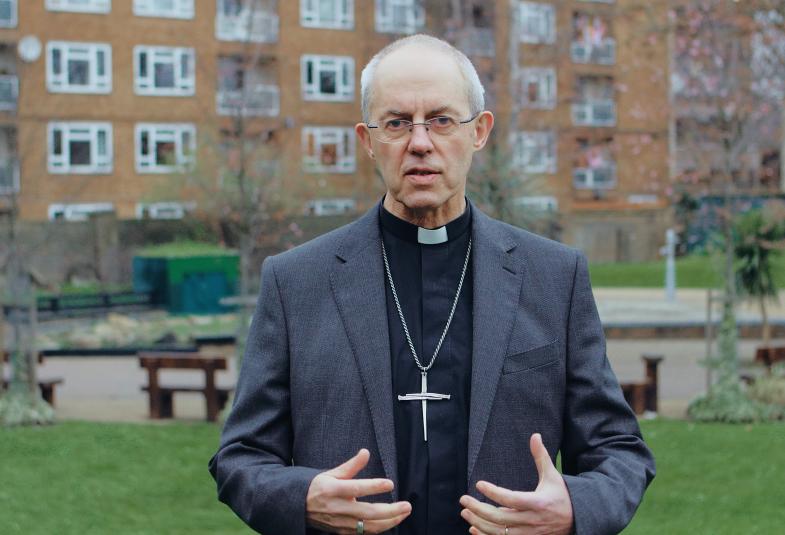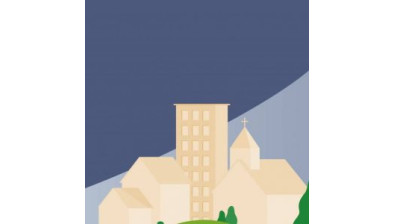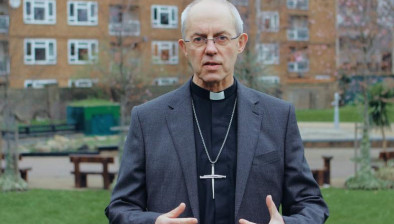UK: Report calls for Church of England to consider using land for affordable homes
Affordable homes could be built on land owned by the Church of England after the Archbishop of Canterbury launched a major new commission to tackle the housing crisis.
The Most Rev Justin Welby has launched a Commission on Housing, Church and Community to explore a Christian perspective on housing policy with a particular focus on providing good homes and promoting thriving communities.

Archbishop of Canterbury Justin Welby
An independent report from the Centre for Theology and Community, published to coincide with yesterday’s launch, urged the commission to consider “using surplus church land for affordable housing”, citing seven case studies of church-linked housing projects in rural and urban areas and across different regions of England.
The commission will see academics, housing experts and theologians meet over an 18-month period to examine how the Church can build on its own work in housing and contribute to the national debate on policy.
It will be led by Charlie Arbuthnot, an expert in the financing of social housing, and the Bishop of Kensington, Graham Tomlin, an academic theologian who has been active in efforts to support residents following the Grenfell Tower disaster.
Other members of the commission include Rev Lynne Cullens, from the National Estate Churches Network, Sir Robert Devereux, former permanent secretary at the Department for Work and Pensions, Marvin Rees, Mayor of Bristol and Professor Christine Whitehead, emeritus professor of housing economics at the LSE.
The commission has been set up following Archbishop Justin’s book Reimagining Britain: Foundations for Hope published last year in which he argued that the principal aim of housing should be the creation of community and that good housing is essential to equality and justice.
Rev Welby said: “Britain’s housing crisis is one of the major challenges facing this country – and it is hitting the poorest the hardest. While there is already significant work being done to find solutions, the Church has something unique to contribute.
“Up and down the country we are living out our faith in Jesus Christ by loving and serving those around us. Through food banks, night shelters and many other projects, the Church seeks to bind communities together with bonds of friendship, compassion and mutual support. This teaches us that any way forward must involve building communities, not just houses.
“The Archbishop of Canterbury’s Commission on Housing, Church and Community will consider what else we could and should be doing, as a Church and as a nation. In doing so, I hope it might help reclaim the very purpose of housing – as the basis for community, and a foundation for human flourishing.”
The Bishop of Kensington, Graham Tomlin, said: “We hear regularly of the housing crisis in the UK. Many people cannot afford the rent on their homes, live in poor-quality housing or find themselves unable to stay in the communities to which they belong.
“Our hope is that by exploring a Christian vision of housing, home and community we can make a contribution to solving some of these long-standing issues that our society has struggled to resolve over many years.”
Charlie Arbuthnot, chair of the commission, said: “We hope to bring a distinctive Christian contribution to the work already under way in this area, drawing on the insight the Church of England has through its presence in every community.
“As well as proposing action by the Church of England – at local, regional, and national level – the commission will explore how, informed by the Christian faith, we can contribute to the national debate.
“We need to build good homes and supportive communities, with the provision of spaces for people to meet, share and celebrate together. We hope to support and inspire all sections of society including public, private and voluntary organisations that share this vision.”








